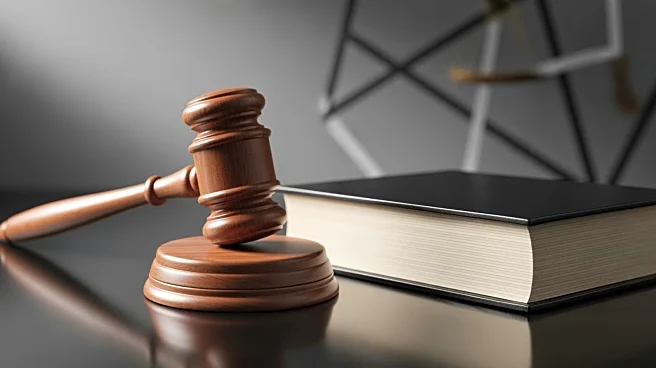What's Happening?
The legal community is facing a series of ethical challenges, as highlighted in a recent roundup by Above the Law. Notable developments include the resignation of Judge Mark Wolf, who cited the politicization
of the judiciary as his reason for stepping down. Additionally, the use of artificial intelligence in legal filings has raised ethical concerns, with a Cleveland attorney facing scrutiny for submitting AI-generated documents containing inaccuracies. These incidents underscore ongoing debates about the ethical responsibilities of legal professionals in the face of technological advancements and political pressures.
Why It's Important?
These developments highlight the evolving landscape of legal ethics, particularly as technology becomes more integrated into legal practice. The use of AI in legal filings raises questions about accuracy, oversight, and accountability, challenging traditional ethical standards. Meanwhile, the resignation of a federal judge over political concerns reflects broader tensions within the judiciary, emphasizing the need for clear ethical guidelines and protections. These issues have significant implications for the legal profession, potentially influencing future regulations and ethical codes.
What's Next?
The legal community may see increased calls for clearer guidelines on the use of AI in legal practice, as well as more robust oversight mechanisms to ensure ethical compliance. The resignation of Judge Wolf could prompt discussions about judicial independence and the role of politics in the legal system. Legal organizations and bar associations may respond by revisiting ethical standards and exploring new frameworks to address these challenges. These developments could lead to significant changes in how legal ethics are taught and enforced.









